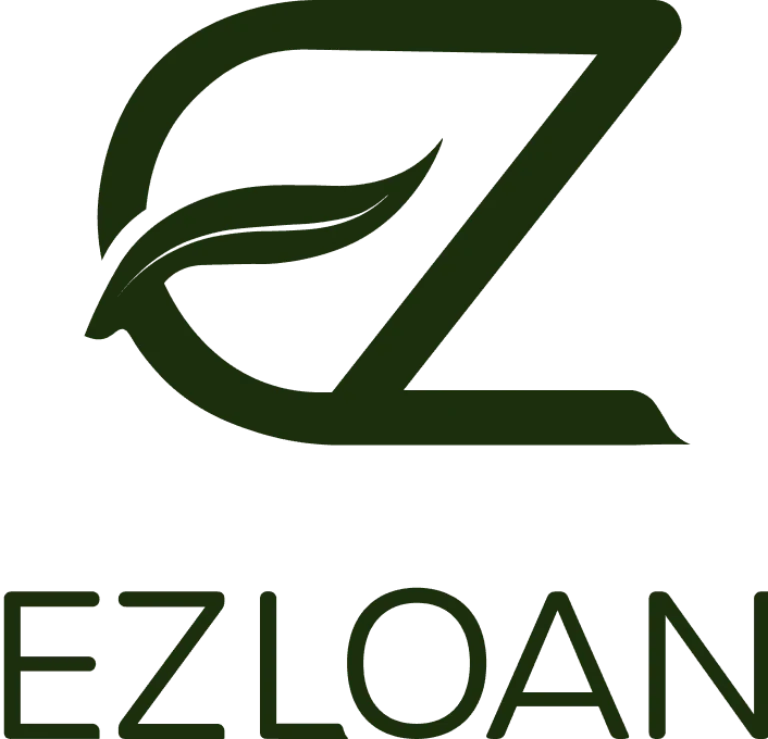Licensed Moneylenders In Woodlands
Updated: 17 Sept 2025
Written bySingSaver Team
Team
If you live in Woodlands and are considering borrowing from a licensed moneylender, you will find a good number of options available in this northern neighbourhood of Singapore. As of 2025, there is only one licensed moneylender operating in Woodlands, HS Credit. This is the only lender regulated under the Ministry of Law’s Registry of Moneylenders, ensuring borrowers are protected by clear rules and transparent practices.
Licensed moneylenders typically charge interest rates between 1% and 4% per month. This spread is in line with national regulations, which cap the maximum interest rate a licensed moneylender can charge at 4% monthly. Beyond interest, administrative fees are also regulated and cannot exceed 10% of the principal loan amount. No matter which lender you approach, always verify their licence status on the Ministry of Law’s official website before proceeding.
Overview of licensed moneylenders in Woodlands
|
Moneylender |
Address |
Contact Details |
||
|
HS Credit |
Blk 302 Woodlands Street 31, #01-295, Singapore 730302 |
6887 0016 hello@hscredit.sg |
||
In Woodlands, HS Credit is currently the only licensed moneylender, making it the sole regulated option for residents seeking safe and legal borrowing.
How much can I borrow with a licensed moneylender
The Ministry of Law defines loan limits as follows:
|
Annual income |
Singaporean/PR |
Foreigners |
|
Less than S$10,000 |
S$3,000 |
S$500 |
|
At least S$10,000 and less than S$20,000 |
S$3,000 |
S$3,000 |
|
At least S$20,000 |
6 times of monthly income |
6 times of monthly income |
>> MORE: What is unlicensed money lending
How do I apply for a loan with a licensed moneylender
-
Gather required documents: Prepare your NRIC, proof of income and proof of residence (e.g., recent utility bills). Foreigners must also provide a valid employment pass and proof of current Singapore address.
-
Select a licensed moneylender: Confirm the moneylender's legitimacy by checking the Ministry of Law's Registry of Moneylenders before proceeding.
-
Submit your application: You can apply online or in person at the moneylender's office. They will verify your documents and explain the loan terms.
-
Review the loan agreement: Licensed moneylenders are required to go over the contract details with you. Ensure you fully understand the repayment schedule, interest rate\ and any associated fees.
-
Finalise the loan: Once you agree to the terms, sign the contract. The approved loan amount will then be disbursed to you.
How do I make sure a moneylender is licensed?
Always check the Ministry of Law’s Registry of Moneylenders website. Only those listed are permitted to operate. Also, note that licensed moneylenders are permitted to advertise only through these three channels:
-
Business or consumer directories (in print or online media)
-
Websites belonging to the moneylender
-
Advertisements placed within or on the exterior of the moneylender’s business premises
Avoid lenders that advertise through SMS, cold calls, or social media messages, as these are unlicensed and illegal.
Is it safe to borrow from licensed moneylenders in Singapore?
Yes, as long as you borrow from licensed moneylenders. The Ministry of Law regulates interest rates, fees, and repayment terms. Borrowers are protected from harassment and unfair practices. However, it is still important to borrow responsibly and only within your means.
Frequently asked questions about licensed moneylenders in Woodlands
If you fail to make payments, the lender can take legal action against you. Your debt may increase due to late payment fees, and your creditworthiness will be affected.
Singaporeans and permanent residents earning less than S$20,000 annually can borrow up to S$3,000. Those earning above this amount can borrow up to six times their monthly income.
You can lodge complaints with the Registry of Moneylenders under the Ministry of Law. Helplines such as the Credit Counselling Singapore hotline are also available for advice.
Yes, foreigners can borrow, but the maximum loan amount depends on their income and work pass status.
Alternatives include borrowing from banks, credit cooperatives, or exploring financial assistance schemes offered by government agencies.
About the author
SingSaver Team
At SingSaver, we make personal finance accessible with easy to understand personal finance reads, tools and money hacks that simplify all of life’s financial decisions for you.




